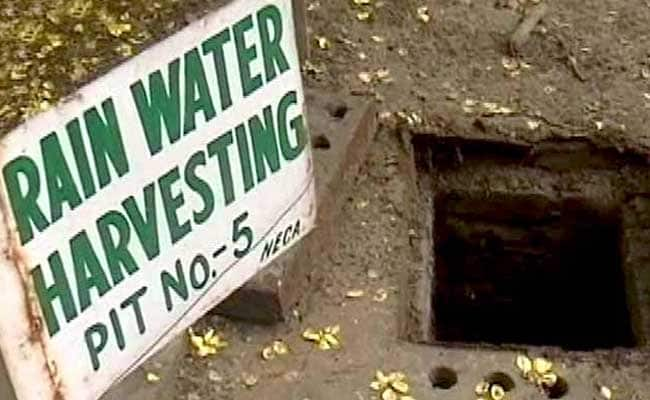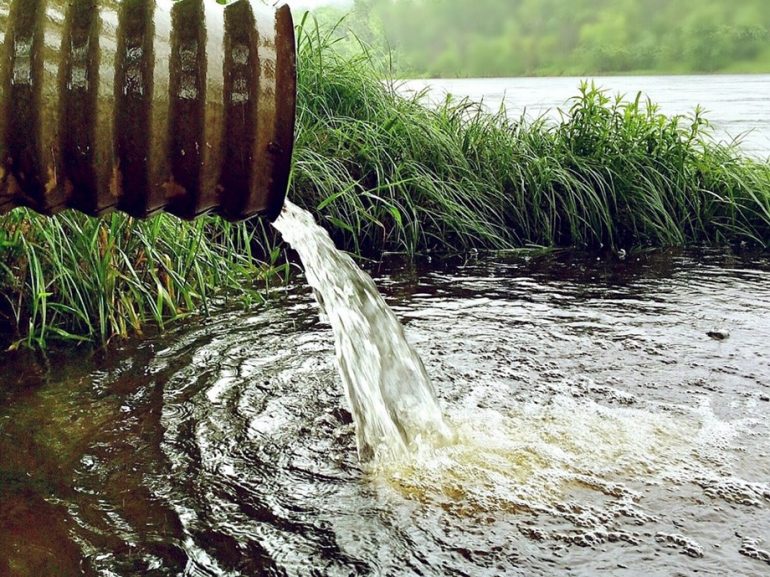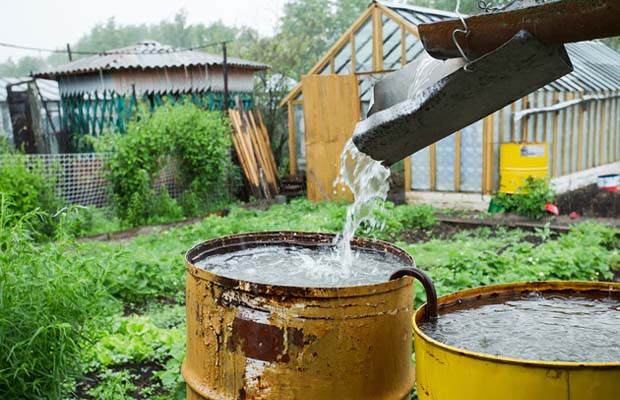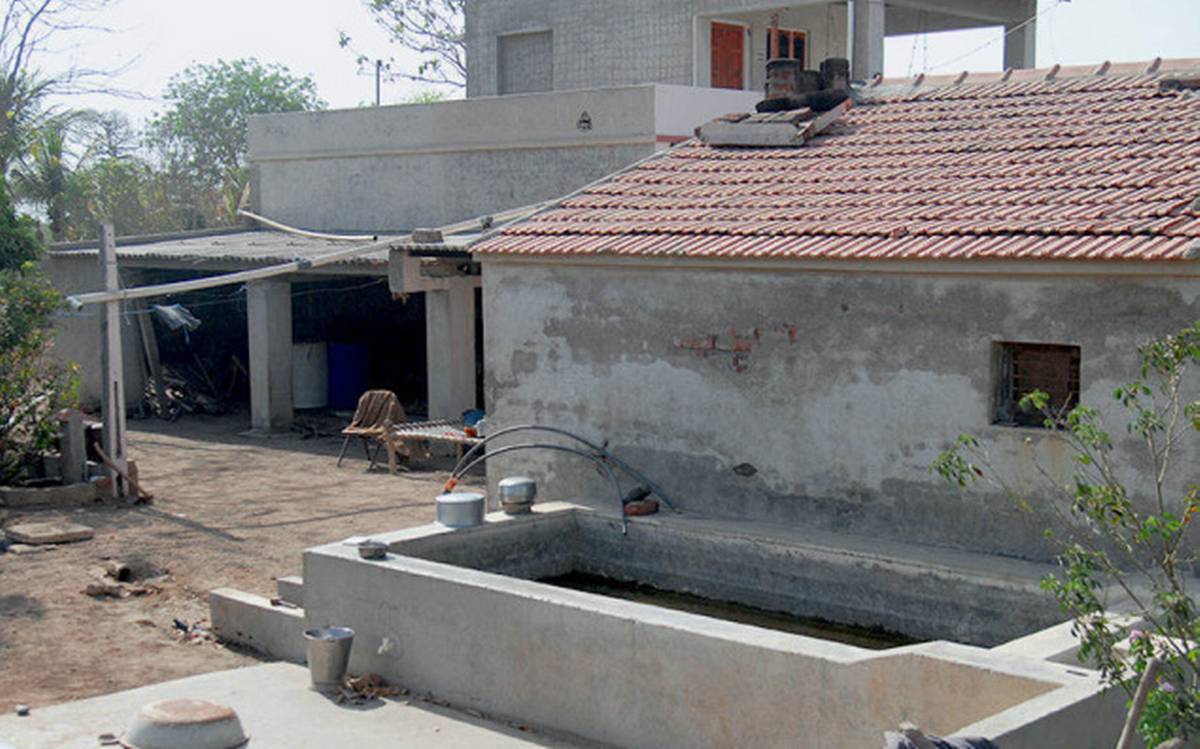It is not a secret that by the year 2030, major states in India will end up consuming all their ground water. This year, Chennai has already faced a drought, and many major cities including India’s capital, Delhi will soon join the list. While it has been made clear that the only way to combat the situation is via rainwater harvesting, UP government is the only one which has made any stride in the direction by making a rainwater harvesting system mandatory for all new buildings.

What Is It?
In an attempt to fight the problem of depleting groundwater level, the Uttar Pradesh government is going to make it mandatory for all new residential and commercial buildings to have provisions of rainwater harvesting.
Also Read: India’s 6th Largest City, Chennai Is Almost Out Of Water
This announcement was made by the Minister of Rural Development, Mahendra Singh, that all the buildings will be permitted in future after provisions of rainwater harvesting arrangements.
He further said that over 20,000 ponds were dug under the MGNREGA scheme in the state. Wells are also being restored and plans are afoot to plant trees on banks of the rivers for groundwater recharging.
Also Read: 40% Indians Won’t Have Access To Drinking Water By 2030
He said that he will also be launching a “nal se jal” (water through tap) scheme in Bundelkhand in September and the region would be covered by 2021.
How Will It Help?
This year, Chennai faced a terrible drought, as a solution to which the government had to resolve to desalinisation of the ocean water. While it might have been the only solution at that time, it cannot be seen as a long term solution as it would cause an imbalance in the ocean’s salt levels, causing danger to the marine ecosystem. In such a situation the only viable option left is rainwater harvesting.
The ruling by the UP government seems like the ideal way to go forth with it an hopefully more states will implement it in the coming months.







